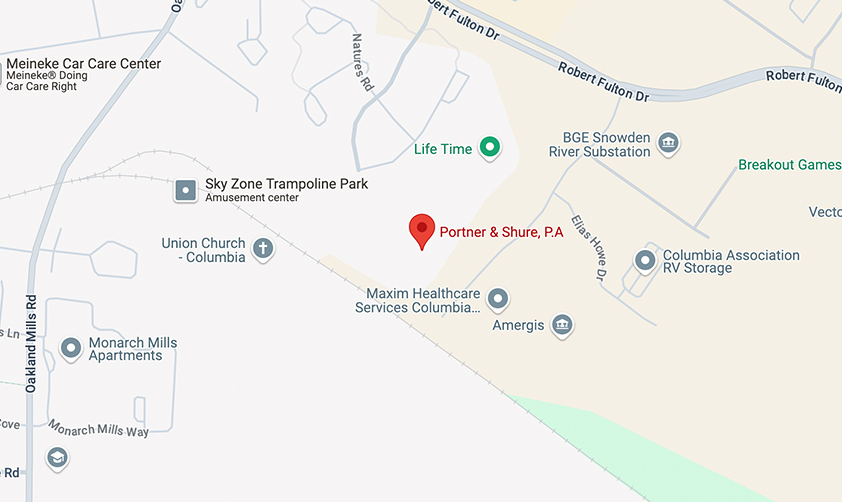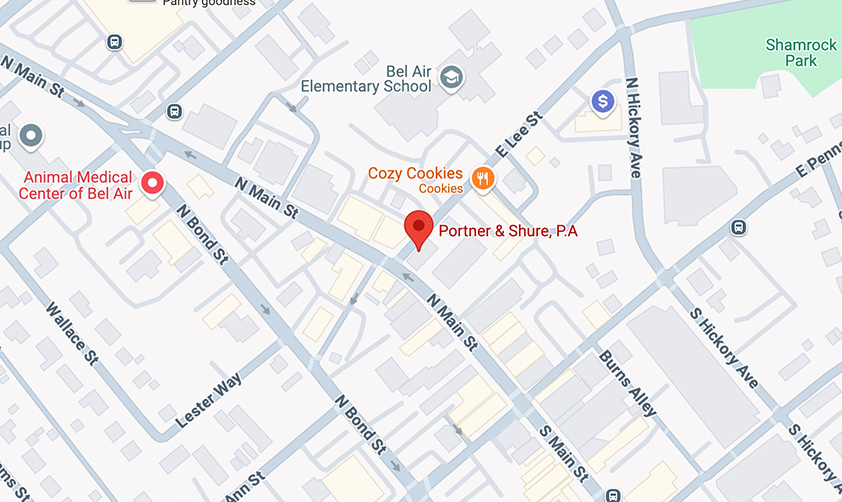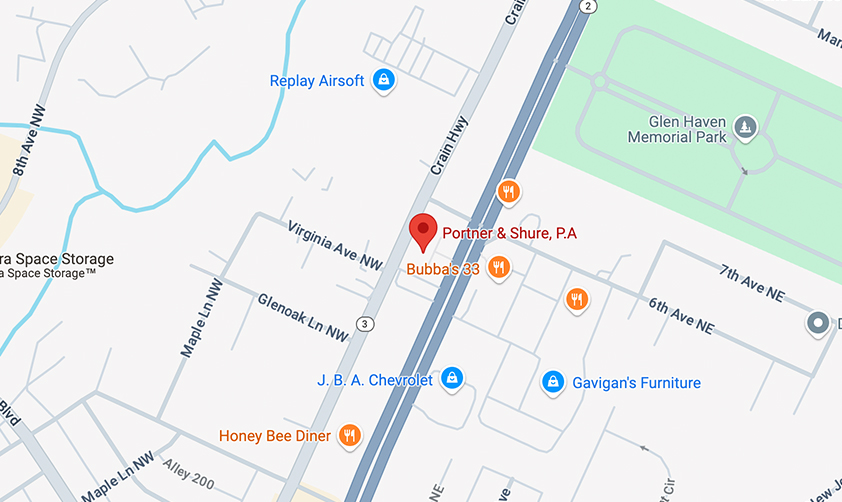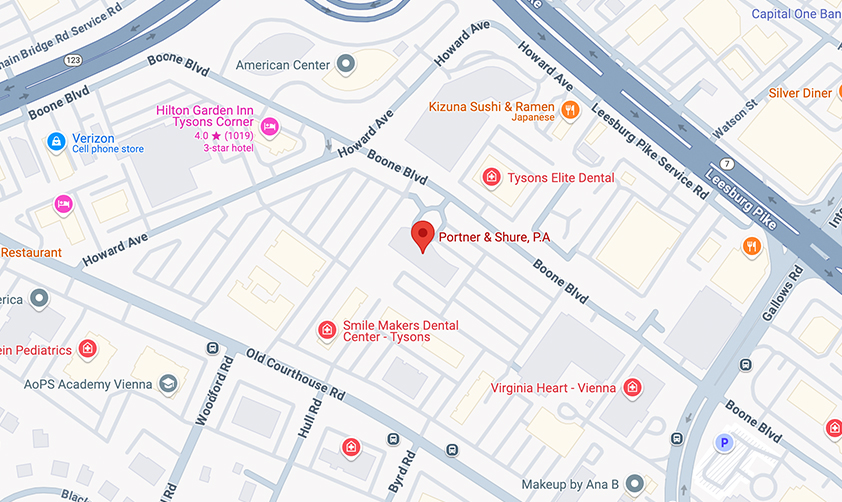Available 24/7 Free Consultation
(410) 995-1515
Grocery stores and medical clinics across the country have been all-but-emptied in just the first weeks of the COVID-19 pandemic in America. People have flocked to stores in droves to buy as much as they can to stockpile and hoard in case of multi-month quarantines. Trying to purchase toilet paper, paper towels, and bottled water, in particular, has become nearly an impossibility.
To get more resupply orders to grocers and clinics in desperate need of products, the Trump Administration has recently approved the temporary suspension of a key Federal Motor Carrier Safety Administration (FMCSA) regulation that limits how many hours a trucker can drive in one day. The regulation disallows driving for more than 11 hours in a 14-hour shift. With the regulation lifted, truck drivers and trucking companies can create longer driving schedules as long as they are transporting approved emergency supplies, basic necessities, and medical personnel related to controlling the spread of the novel coronavirus.
The FMCSA initially instituted the hour restriction regulation more than 80 years ago to limit the risk of exhausted truck drivers causing trucking accidents on America’s highway. With the regulation temporarily lifted, it can be reasonably assumed that a temporary increase in the number of truck accidents will also occur to no coincidence.
Driving while exhausted dramatically reduces a trucker’s reaction time. If traffic stops in front of a big rig, for example, the truck driver may not notice in time to apply the brakes, causing a devastating rear-end accident. Fatigue also limits motor control, which translates to sloppier, more erratic steering capabilities. Of course, there is also the real risk of a tired trucker falling asleep behind the wheel.
Health and safety administrations the world over are encouraging people to practice social distancing, even in areas where a mandatory COVID-19 quarantine is not in effect. Social distancing calls for staying in your own home whenever possible, only leaving for medical reasons or purchasing necessities, which once again brings the increase in truck driver shipments into focus. You should also try to stay at least three feet away from other people, advises the World Health Organization (WHO).
To take social distancing to another level, you should also practice traffic distancing when on the road. Commercial trucks you see during the coronavirus pandemic are likely driven by truckers working extended hours that cause fatigue. Give big rigs as much space on the road as you can, just in case.
To learn more about the FMCSA regulation suspension, you can click here to view a full article from Business Insider. From all of us at Portner & Shure, we want to spread best wishes and hope to all our friends, clients, and community members throughout Maryland, Virginia, Washington, D.C. and beyond. The coronavirus pandemic is intimidating, but we are stronger than it could ever be. Take care of yourself and your loved ones, listen to the WHO and other public health administrations for updates, and things will get back to normal before we know it.
Grocery stores and medical clinics across the country have been all-but-emptied in just the first weeks of the COVID-19 pandemic in America. People have flocked to stores in droves to buy as much as they can to stockpile and hoard in case of multi-month quarantines. Trying to purchase toilet paper, paper towels, and bottled water, in particular, has become nearly an impossibility.
To get more resupply orders to grocers and clinics in desperate need of products, the Trump Administration has recently approved the temporary suspension of a key Federal Motor Carrier Safety Administration (FMCSA) regulation that limits how many hours a trucker can drive in one day. The regulation disallows driving for more than 11 hours in a 14-hour shift. With the regulation lifted, truck drivers and trucking companies can create longer driving schedules as long as they are transporting approved emergency supplies, basic necessities, and medical personnel related to controlling the spread of the novel coronavirus.
The FMCSA initially instituted the hour restriction regulation more than 80 years ago to limit the risk of exhausted truck drivers causing trucking accidents on America’s highway. With the regulation temporarily lifted, it can be reasonably assumed that a temporary increase in the number of truck accidents will also occur to no coincidence.
Driving while exhausted dramatically reduces a trucker’s reaction time. If traffic stops in front of a big rig, for example, the truck driver may not notice in time to apply the brakes, causing a devastating rear-end accident. Fatigue also limits motor control, which translates to sloppier, more erratic steering capabilities. Of course, there is also the real risk of a tired trucker falling asleep behind the wheel.
Health and safety administrations the world over are encouraging people to practice social distancing, even in areas where a mandatory COVID-19 quarantine is not in effect. Social distancing calls for staying in your own home whenever possible, only leaving for medical reasons or purchasing necessities, which once again brings the increase in truck driver shipments into focus. You should also try to stay at least three feet away from other people, advises the World Health Organization (WHO).
To take social distancing to another level, you should also practice traffic distancing when on the road. Commercial trucks you see during the coronavirus pandemic are likely driven by truckers working extended hours that cause fatigue. Give big rigs as much space on the road as you can, just in case.
To learn more about the FMCSA regulation suspension, you can click here to view a full article from Business Insider. From all of us at Portner & Shure, we want to spread best wishes and hope to all our friends, clients, and community members throughout Maryland, Virginia, Washington, D.C. and beyond. The coronavirus pandemic is intimidating, but we are stronger than it could ever be. Take care of yourself and your loved ones, listen to the WHO and other public health administrations for updates, and things will get back to normal before we know it.


Expect More with
Portner & Shure
The legal system can be intimidating, but you deserve more. Expect more guidance, more dedication, and more results from our experienced trial attorneys every step of the way.










